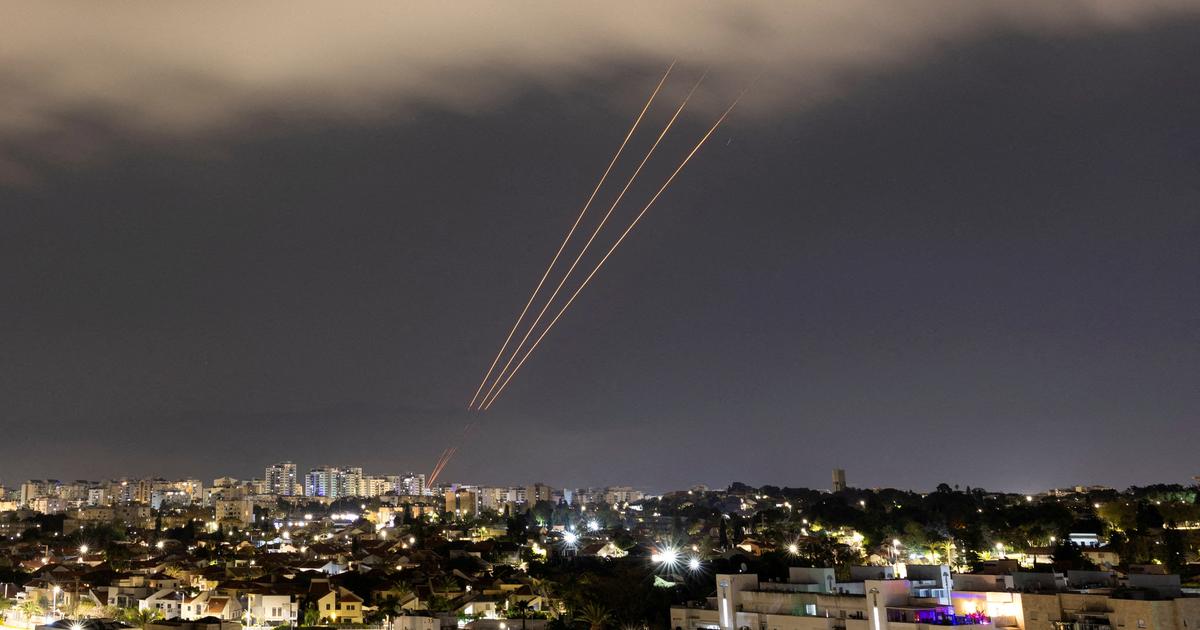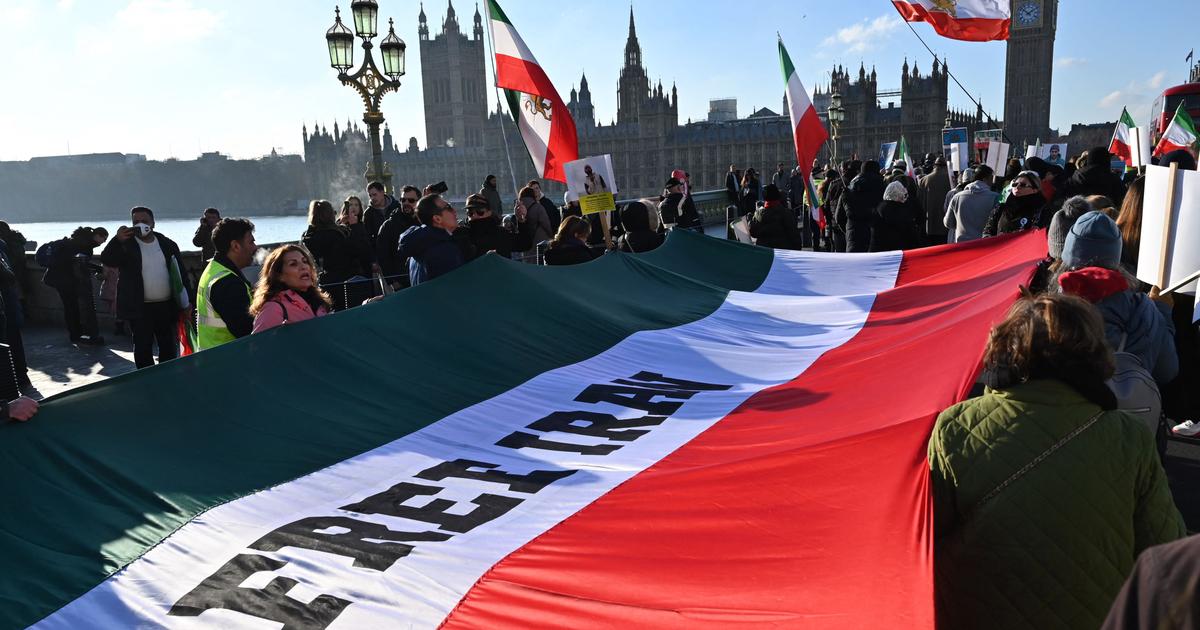An attempted attack in Villepinte, a diplomat suspected of being its coordinator and a government crying out for abuse ... The court in Antwerp, Belgium, on Thursday condemned Assadollah Assadi, a 49-year-old Iranian diplomat, to 20 years in prison for "terrorist assassination attempts".
Iran contests this condemnation, considering that its national should have benefited from his diplomatic immunity.
What is he criticized for?
In the summer of 2018, Assadollah Assadi was stationed at the Iranian Embassy in Vienna, Austria.
On July 1, 2018, while returning to Austria, he was arrested in Germany.
He is suspected of having handed over a bomb to a Belgian-Iranian couple a few days earlier.
According to investigators, the device should have been used to attack, on June 30, 2018, the annual high mass of the National Council of Iranian Resistance, which was held in Villepinte (Seine-Saint-Denis).
The couple, Nasimeh Naami and Amir Saadoun, were finally arrested in extremis.
The NCRI brings together organizations that oppose the regime in Tehran, including the People's Mujahedin.
This Thursday, Assadollah Assadi was sentenced to 20 years in prison for "terrorist assassination attempts" and "participation in the activities of a terrorist group".
The diplomat denies the facts and should "presumably" appeal.
The investigators got their hands on CCTV images on which we see him, in tourist outfit, hat on his head and camera in hand, handing over a package containing a priori the bomb.
According to the prosecution, the investigation showed that Assadi is in fact an Iranian intelligence agent "acting under diplomatic cover", and that he coordinated this terrorist project by relying on three accomplices, the Belgian-Iranian couple. domiciled in Antwerp (they were sentenced to 18 years and 15 years in prison), as well as a former Iranian dissident poet, Mehrdad Arefani, exiled in Europe (sentenced to 17 years in prison).
Why is the matter controversial?
Like any diplomat, Assadollah Assadi enjoys immunity.
This is provided for by the Vienna Convention on Diplomatic Relations, adopted in 1861. This convention establishes the inviolability of embassies - which allowed Julian Assange to be protected, for 7 years, at the embassy of Ecuador in London - and prohibits any seizure inside an embassy.
Diplomatic immunity provides that its beneficiary cannot be arrested or detained, except if he is caught in flagrante delicto.
He cannot be sued elsewhere than in his country either.
Officially, diplomatic immunity can only be lifted with the agreement of the sending country.
This status can sometimes be the object of abuse: Tuesday, in Paris, the son of the president of Liberia thus used the pretext of his diplomatic immunity when he was surprised at a clandestine party.
What gets stuck in Assadollah Assadi's case is that the lifting of his diplomatic immunity had not been officially requested, let alone accepted by Iran.
When he was arrested in Germany (where he was detained before being handed over to the Belgian authorities), on July 1, 2018, investigators believe that he no longer enjoys his immunity.
What Iran disputes.
What is Iran's reaction?
For Iran, Assadollah Assadi should never have been arrested.
And even less condemned.
"The Islamic Republic of Iran strongly condemns the announcement by a court in Antwerp, Belgium, that Mr. Assadollah Assadi, a diplomat from our country, has been sentenced to 20 years in prison," the spokesperson said. of the Iranian Foreign Ministry, Saïd Khatibzadeh, considering that “the judicial process and the verdict” are “illegal and in flagrant violation of international law”.
At the end of 2018, France had seen an admission in the Iranian position: that of being behind the attempted attack on Villepinte.
"The operations management of the (Iranian) Ministry of Intelligence (a) ordered" the attack, a diplomatic source told AFP.
France then froze the assets of Assadollah Assadi as well as an entity of the Iranian Ministry of Intelligence.
Morning essentials newsletter
A tour of the news to start the day
Subscribe to the newsletterAll newsletters
At the time, Iran had described the Villepinte project as a "plot consistent with the objectives of the American regime and the Zionist regime and aimed at sabotaging the development and improvement of relations between Iran and Europe" .









